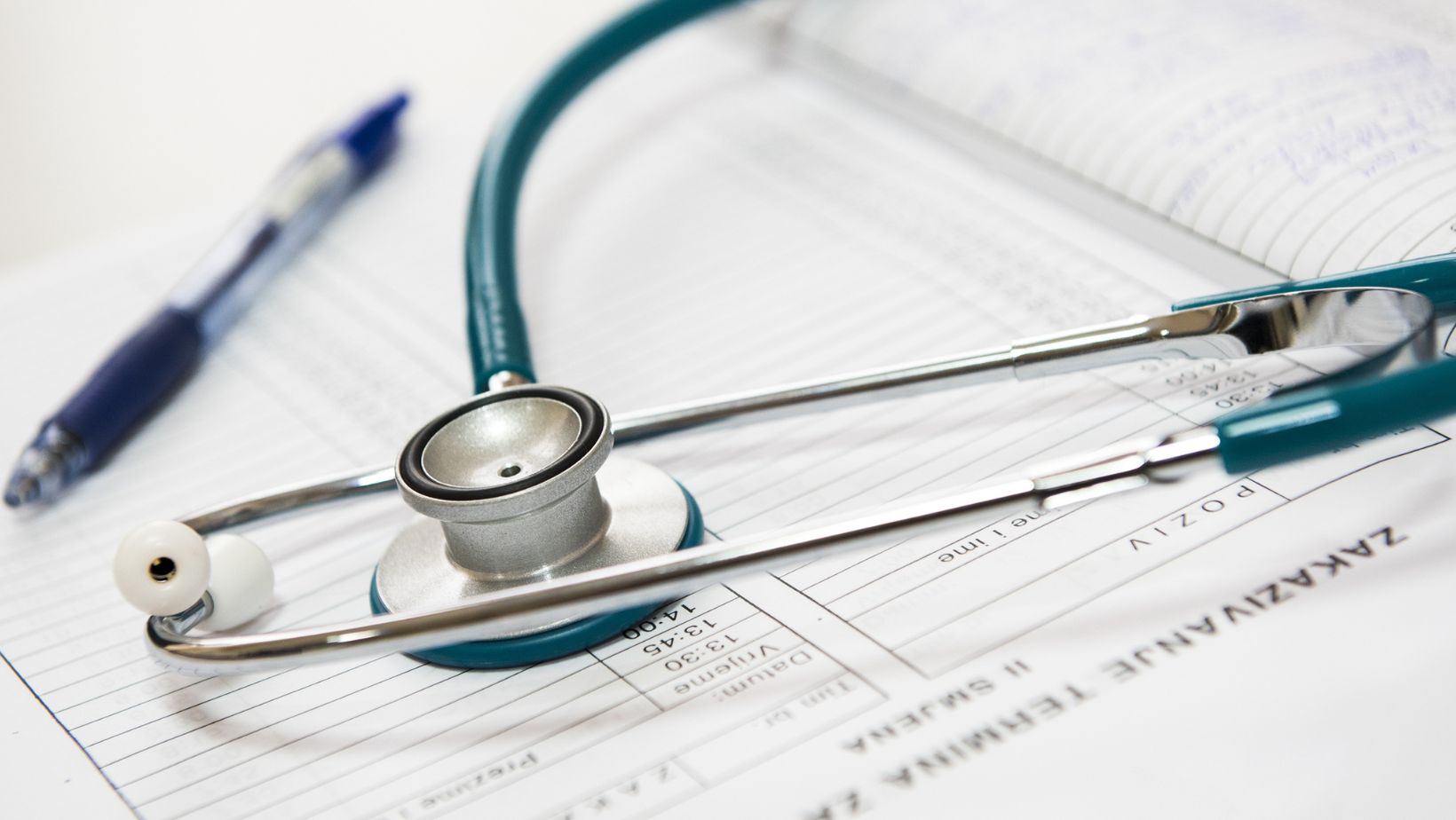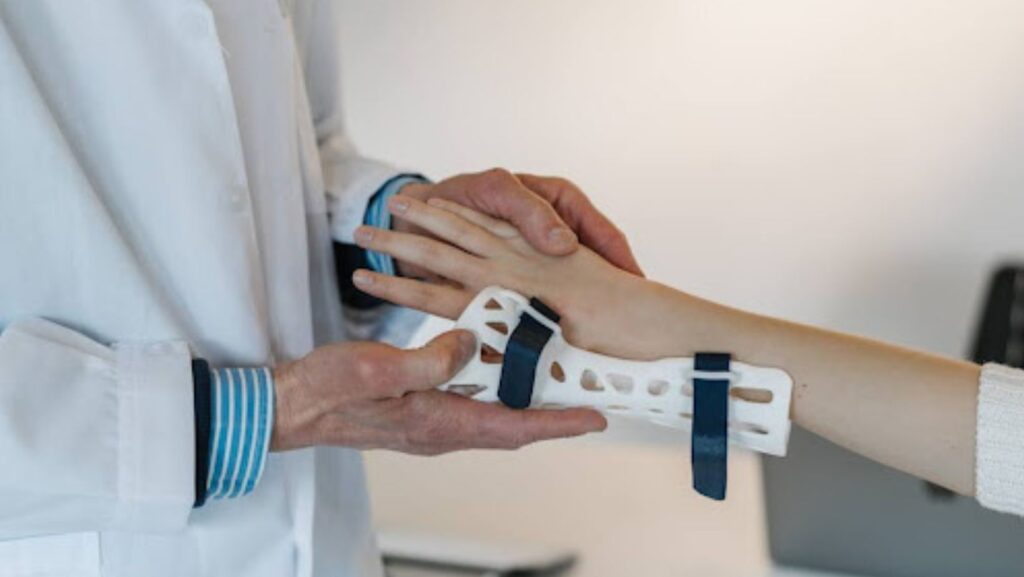Few experiences are as harrowing as undergoing medical malpractice. It’s a situation that affects your physical health and mental well-being. While the immediate priority is to address the physical harm, the emotional and psychological aftermath can linger, affecting every aspect of your life. For those navigating this challenging path, it’s crucial to understand that healing extends beyond the physical wounds. This blog offers tips and insights for individuals trying to move past the trauma of medical malpractice, focusing on emotional resilience and mental health strategies that empower you to reclaim your life.
Understanding Medical Malpractice
It’s essential to recognize that malpractice can take many forms, from surgical errors to misdiagnosis or medication mishaps. Understanding the scope of what constitutes malpractice can help validate your experience. In many medical negligence cases, victims often feel isolated, believing they are alone in their struggle, but knowing that malpractice is more common than frequently discussed can provide a sense of community and understanding. The repercussions of malpractice are not just physical. Emotional and psychological impacts can be pervasive, affecting your trust in medical professionals and causing anxiety about future medical treatment. Recognizing the full spectrum of malpractice’s impact is the first step in addressing the trauma comprehensively.
Acknowledging Emotional Trauma
It’s normal to experience a range of emotions after such an event, including anger, confusion, sadness, and even betrayal. Allowing yourself to feel these emotions without judgment is vital. It’s common for victims of medical malpractice to question their feelings, but recognizing these as valid responses to trauma can prevent further psychological harm.
Journaling can be an effective tool to capture your thoughts and feelings. Writing down your experiences can help you process what happened and make sense of your emotions. Professional support is invaluable when dealing with the aftermath of medical malpractice. Consider also seeking a support group specifically for medical malpractice survivors.
Restoring Trust in Healthcare
One of the most difficult challenges after medical malpractice is restoring trust in healthcare. Engaging with patient advocates or finding a new healthcare provider can help you feel supported and understood. It’s okay to choose a new doctor; feeling comfortable and confident in your healthcare choices is essential for your peace of mind. Tools like AI Scribe, which record and summarize medical consultations, can also help enhance clarity and reduce misunderstandings between you and your healthcare provider, fostering a more transparent relationship. Research and due diligence in selecting healthcare providers can restore your confidence in the system. Look for professionals with solid patient reviews and those who encourage open communication and transparency.
Building a Support Network
Your family, friends, and loved ones can offer practical support, such as accompanying you to medical appointments and emotional support. Feel free to reach out and communicate your needs to your support network.

Whether you need someone to talk to or require help with daily tasks while you focus on recovery, your loved ones will likely appreciate knowing how they can assist you. Being kind to yourself is also crucial in the healing process. However, practicing self-compassion can be challenging, especially when dealing with trauma. Allow yourself the time and space to heal without pressure to “get over it” quickly. Everyone’s healing timeline is different, and it’s important to honor your pace.
Setting Realistic Goals
Setting realistic goals can provide structure and motivation during your recovery. These goals range from attending therapy sessions to gradually resuming work or hobbies. Celebrate small victories along the way. Each step towards recovery is significant and deserves recognition. Mindfulness practices can also significantly aid in managing the emotional aftermath of trauma. Even a few minutes each day dedicated to mindfulness can positively impact your mental health and overall well-being.
Exploring Alternative Therapies
Alternative therapies can complement traditional therapy and offer additional avenues for healing. Practices such as acupuncture, massage, and art therapy can provide unique benefits and support emotional recovery. Be open to exploring different methods to find what resonates with you. Each person’s healing process is unique, and integrating alternative therapies can offer new perspectives and relief.
Legal Considerations and Resources
For some, exploring legal options can be an essential part of the healing process. Even if you choose not to pursue legal action, understanding your options can provide a sense of control. Numerous resources are available to help guide you through the legal process. From online forums to local legal aid organizations, these resources can offer information and support tailored to your situation.

The road to recovery after experiencing medical malpractice is undoubtedly challenging, but it’s important to remember that healing is possible. By acknowledging your emotions, seeking professional support, and building a solid network, you can move past the trauma and reclaim your life. Take one day at a time, and be gentle with yourself as you heal. For further guidance, consider contacting professionals specializing in trauma recovery and tap into community resources designed to support individuals like you.
